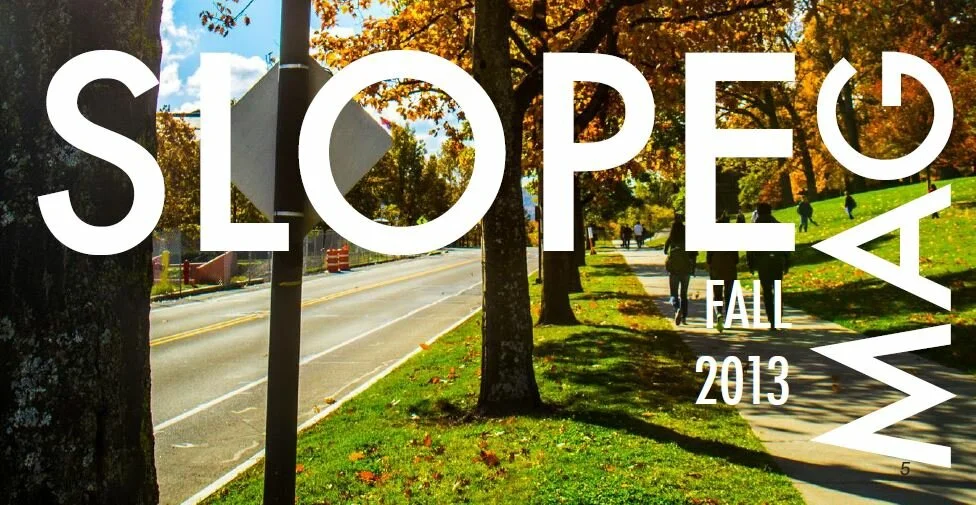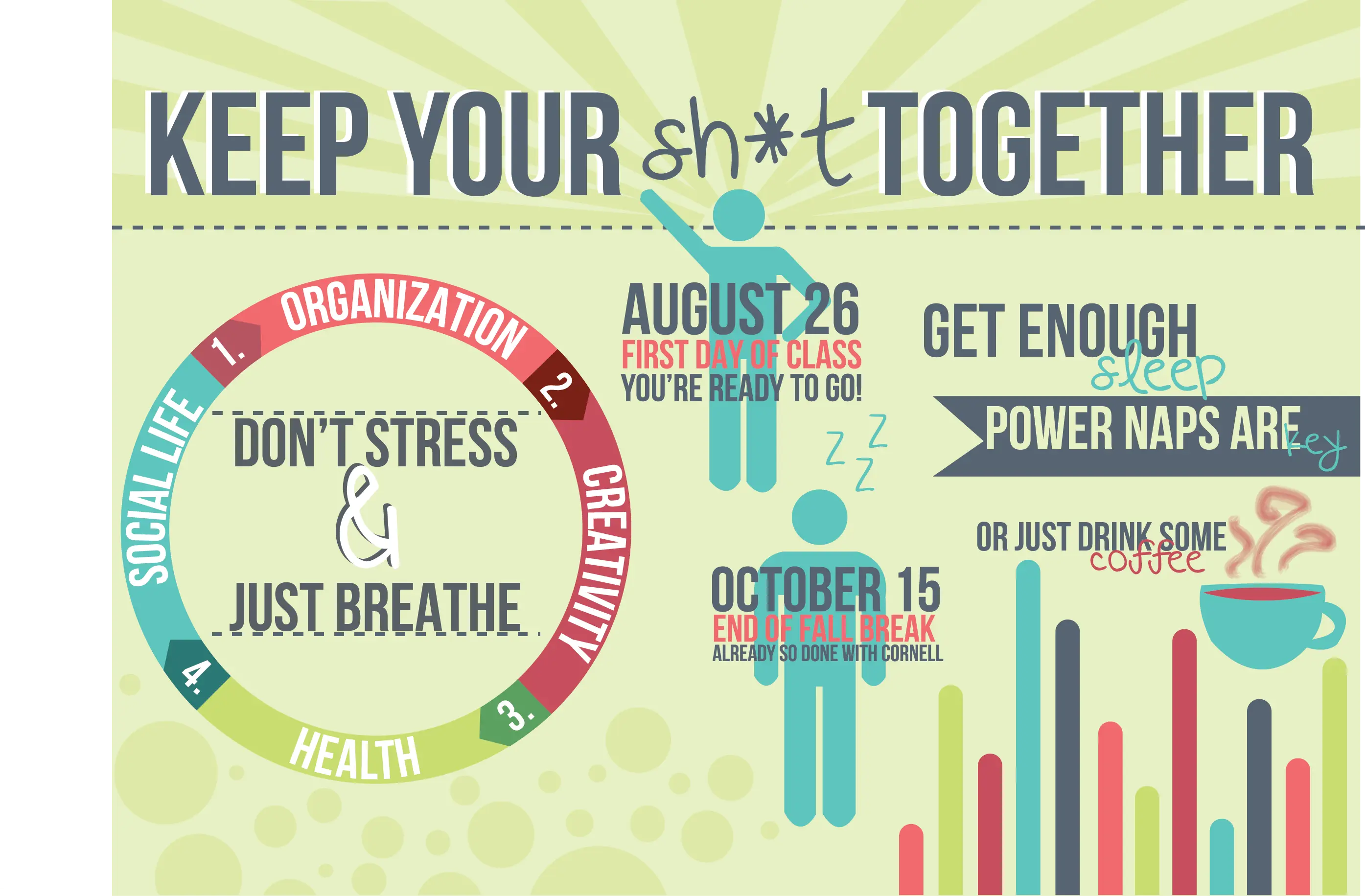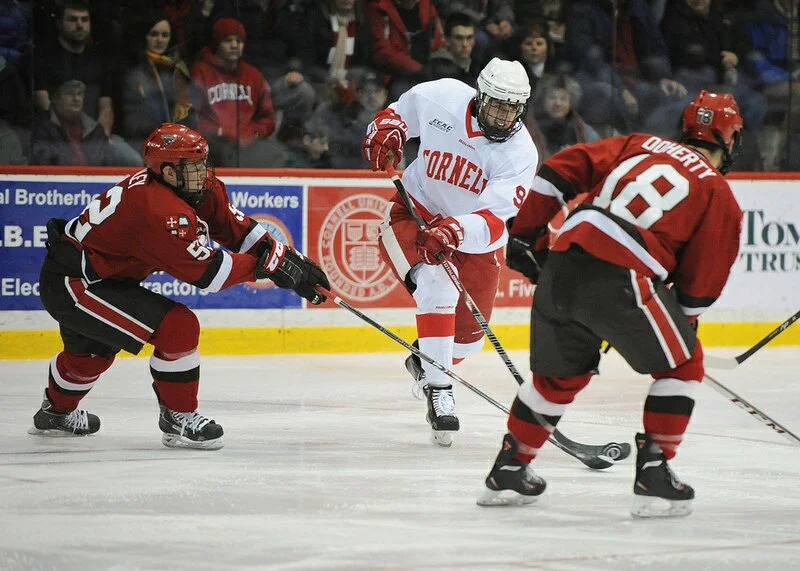Author: Jeremy Candelas
Recently, we had the opportunity to sit down with Professor Peter Davies. One of the longest-serving professors at Cornell, Professor Davies is highly respected in the field of Plant Physiology, and is recognized by the US State Department as a Jefferson Fellow. After 46 years of teaching at Cornell University, Professor Davies will be retiring at the end of this year.
To start with, could you tell us a bit about your background and how you came into your position?
Well, I’m a plant scientist. The reason I’m teaching this class [BIOPL 1120: Issues in Social Biology] is because they needed somebody to teach Biology to non-majors. Our old Biology for non-majors was rather more like watered-down majors’ biology, and it covered a lot of things like cell metabolism, which most non-biologists are not interested in. So I started this new class just about the time they decided to change the requirements in CALS for Biology. They would start classes in various areas that made sure students were exposed to some Biology, but didn’t have to lock-stab them to the same topics as the majors.
So what I did is I took what I thought were the more interesting aspects that would, I trust, be of concern to students in the future when they left Cornell [...] So the idea was to get you all reading something, so that in the future you’d have the background knowledge to make the necessary decisions as society’s leaders.
Anyhow, that derived from my comments that I’m merely a plant scientist. It’s just a coincidence that I got into teaching this. But the more I got into it, the more interesting I find it, and now myself I’m finding articles every week. I go through the New York Times and go “Oh, that’s interesting,” and start looking or reading at the article and if it’s a good one I save it on to the website.
And what was it that made you interested in your field, were there any particular individuals who inspired you?
The reason I’m a plant scientist goes way back to when I was about three years old. We lived in an apartment, it was a small apartment but it had a garden and a woman who lived in the house next door was very friendly with my parents and she was a gardener. So she got me into gardening at the age of three, and it became my main hobby through my school years.
Then I decided about halfway through my high school years that I wanted to be a farmer. I liked the countryside, which is part of why I’m at Cornell. Then I discovered that you need money to be a farmer. You needed a farm, and the only way to get one was to buy one if you didn’t come from a farm family, and my parents certainly didn’t have that kind of money. So in college I took a mixture of agriculture and botany, close to what in American universities would be considered Agronomy, but I did a Botany major all the way through.
[…] At the time Cornell was looking for someone to teach Plant Physiology, how plants work, to the students of Agriculture and Horticulture. Both my graduate specialty and what I had done as a postdoc was plant physiology, and I also had the background in agriculture as an undergrad – so I got the job and I’ve been here ever since.
In about three months time I’ll have been at Cornell for 46 years. There aren’t too many faculty who have been here that long. It’s interesting that very few faculty leave Cornell [...] It’s just that no one wants to leave, myself included.
Now what advice would you give to students who hope to go into academia or perhaps into the same field as an academic researcher?
[Laughs] Well I would probably say “don’t.” It’s very tough these days because modern research has become so expensive that a faculty member has to spend a lot of their time raising money from grants, and the number of grants available is going down. But if I were to start again as an undergrad, I would most definitely go into plant genetics, plant biotechnology and plant breeding.
We are starting to see new plant diseases and pests. These are moving around the world – why didn’t they in the past? [It’s because] thousands and thousands of people every day fly from here to Asia, or from Asia to here, and they don’t spend six weeks on a boat doing it – it’s an eighteen hour flight. Look at all the stuff that’s coming in from China. A lot came in wooden crates, which in the past were not sterilized. So we got these pests and diseases which now move all the way around the world. And they move to a place where the crops are not used to them, so if we are to maintain productivity in agriculture, we need a lot of experts in how to make plants resist new diseases and new insects. The way you’re going to do that is biotechnology. Therefore, it’s kind of a challenge in regards to food production. I think what’s happening in biotechnology is one of the most exciting areas.
The plant breeding companies are in need of a lot of highly trained people right now – there’s an upsurge in diseases we’re seeing. Also, a lot of their workers are older workers who are approaching retirement, and they’re going to be looking to hire new. I think just being a plain academic – unless you’re already in that area – is really tough these days. So that’s what I’d do these days if I were to start over again.

















